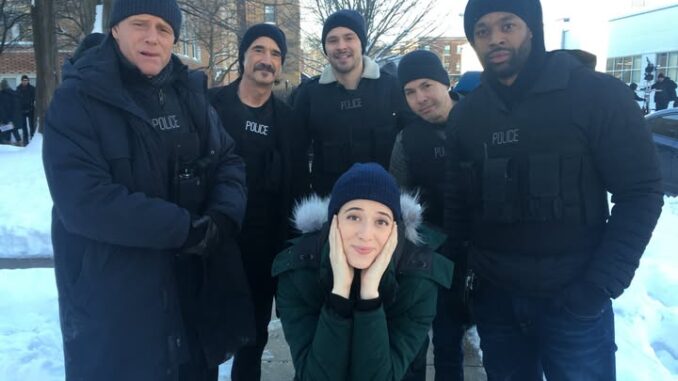
After years of controversy, Chicago P.D. has finally tackled one of the most divisive aspects of Hank Voight’s leadership—and the consequences could reshape the Intelligence Unit as we know it. Fans have long debated whether Voight’s brutal, morally ambiguous tactics were justified in his relentless pursuit of justice. Now, with Season 12 making a bold move to settle this ongoing debate, the fallout is bound to be explosive.
The Voight Dilemma: Hero or Villain?
Since the beginning of Chicago P.D., Hank Voight has been at the heart of the show’s biggest moral conflicts. His leadership style—marked by violent interrogations, off-the-books justice, and a “whatever it takes” mentality—has split the fandom for years. Some see him as a necessary force against crime, a cop willing to do what others won’t. Others argue that his methods blur the line between law enforcement and criminality, making him more of a liability than a hero.
This ethical tightrope has been a defining theme of the show, but Chicago P.D. has often danced around providing a definitive answer. However, recent developments in Season 12 suggest that the writers are finally taking a stand on where Voight—and the Intelligence Unit—should draw the line.
Season 12’s Big Shift
The latest season has seen Voight facing challenges unlike any before. With changing leadership in the department and increasing pressure to reform, Voight is being forced to reckon with his past decisions. The intelligence team is also evolving, with younger officers like Torres and Burgess bringing new perspectives on law enforcement. Even those who have been fiercely loyal to Voight, like Hailey Upton and Adam Ruzek, are questioning whether his methods still have a place in today’s world.
The shift in Voight’s character is subtle but undeniable. He is still a force to be reckoned with, but there’s a growing sense that his unchecked power might no longer be sustainable. His ability to operate in the shadows, bending the rules without consequences, is being called into question. And as the department begins cracking down on rogue policing, Voight may be facing his toughest battle yet—not against criminals, but against a system that no longer tolerates his brand of justice.
The Fallout: What’s Next for Voight and Intelligence?
With Chicago P.D. finally taking a firm stance on Voight’s approach, the fallout could be massive. Will he adapt and evolve, or will he be forced out of the very unit he built? His legacy is on the line, and the decisions he makes in the coming episodes will define his future.
One of the biggest questions is how his team will react. Will they rally behind him, or will they begin to distance themselves? Burgess, who has always been more by-the-book, might be the first to push back. Upton, who has struggled with the moral weight of working under Voight, could see this as a turning point. And with new officers bringing fresh perspectives, the balance of power in the unit is shifting.
For years, Voight has been the backbone of Chicago P.D.—but if the show is truly settling the debate over his methods, it could mean the end of an era. Either way, the fallout from this decision is bound to shake the Intelligence Unit to its core, and I, for one, am excited to see where it leads.
